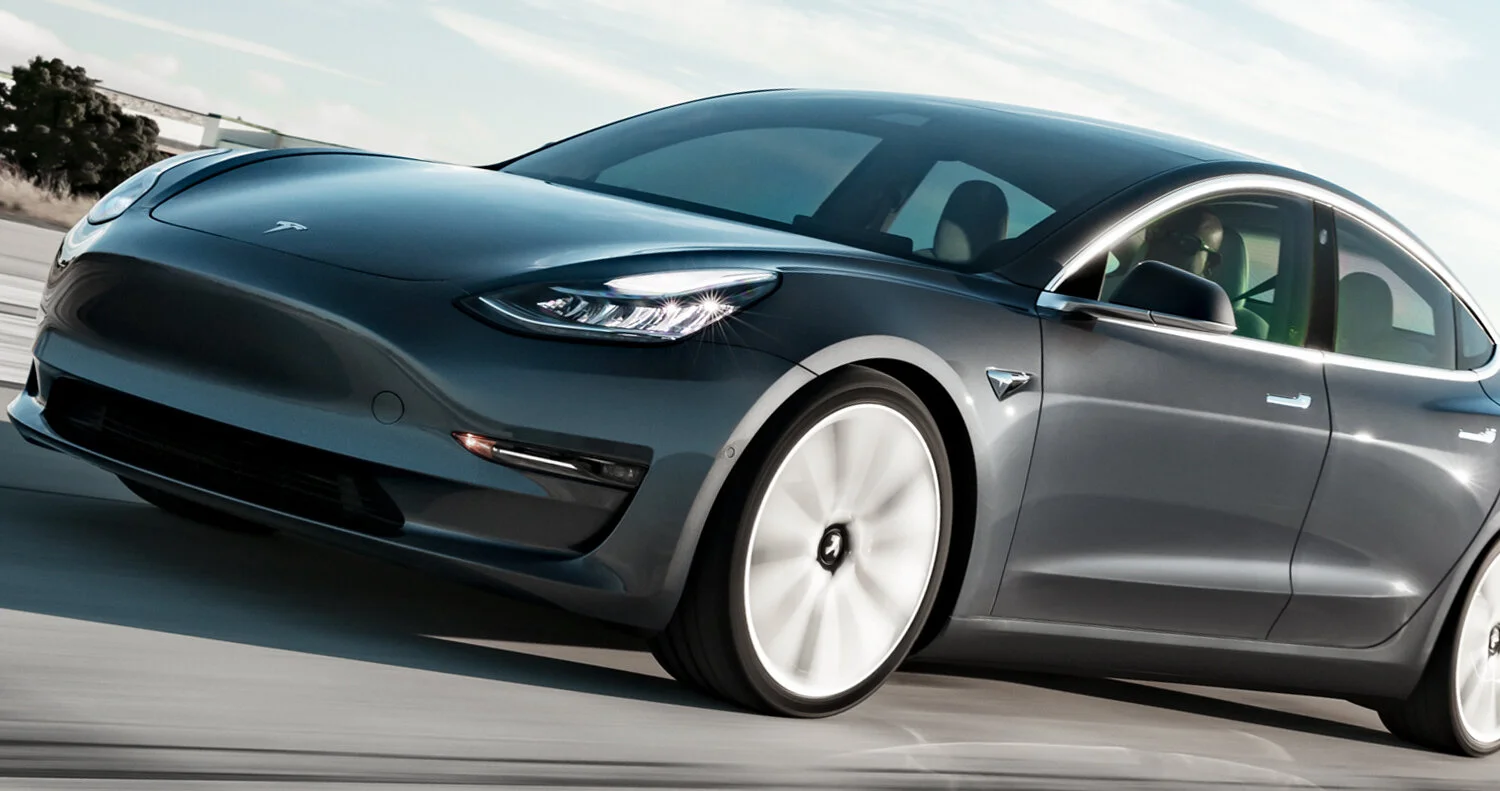SCCA Autocross: OTA Updates Necessitating EV-specific Class
By Brian Stark – Jan. 27, 2021
It’s been a year since we discussed EVs in SCCA autocross, and for the most part that’s because all EV street cars in Sports Car Club of America autocross competition have remained classed the same way for a while – buried within the depths of the ultra-fast Super Street class amidst supercars like the Acura NSX, Porsche GT3, and Corvette ZL1 1LE. Also, the EV-specific class that SCCA teased one year ago has yet to materialize. This this week, though, the topic of electric vehicles in SCCA autocross competition reared its head once more in a town hall meeting during the online 2021 SCCA National Convention. The news is good for EV owners looking to autocross their cars against similarly powered vehicles, with SCCA’s rule makers then expanding on the decision-making process.
In the virtual meeting held Jan. 25, 2021, members of SCCA’s Solo Events Board (SEB) revealed that the development of the EV-specific autocross class has progressed little since the initial announcement at the 2020 SCCA National Convention.
“We started to approach that [topic] at the [SCCA National Convention] last year,” SEB member Zack Barnes explained. “We came up with a proposal for what we’d call ‘EV’ or ‘EV-X,’ and we hadn’t finished collaborating with [the SCCA national office] when things went all pandemic, and we never really got that codified and agreed upon.”
One year ago, the SEB’s EV-specific street car class proposal was for EVs like the Tesla Model S and 3, plus presumably other electric vehicles meeting SCCA’s rollover requirements like the Hyundai Ioniq Electric and VW e-Golf, to be able to run in an EV-specific competition category. “There’s a series of discussions about how we have to class them differently than internal combustion engines,” Barnes added. “They transmit power differently – they do everything different.”
The SCCA discovered just how unique EVs are when a Tesla Model 3 Performance won an SCCA National Championship title in the B Street class in 2019, besting a Mustang GT350, Lotus Evora, Ford Focus RS, BMW M2, Chevrolet Camaro SS 1LE, and more. Not too much earlier, Tesla had pushed an over-the-air performance update – something that simply doesn’t happen with ICE vehicles. This confluence of events resulted in the SEB moving all EVs into Super Street for 2020, coincidentally just in time for Tesla’s second Track Mode OTA update.
As Barnes noted during the recent town hall, the reality of EVs having to be classed with faster ICE cars is not necessarily the existing performance, but performance potential of EVs.
EVs in SCCA autocross add a new level of complexity, especially considering the current SCCA rules structure isn’t designed to adapt at the speed of over-the-air updates.
“As far as mixing [EVs] into Street [autocross] classes, it’s a lot harder because most electric cars these days have over-the-air updates,” said Barnes. “The over-the-air updates are at a pace much fast than what [SCCA’s] ruleset allows, and in order to put a ruleset change that would allow us to address that in front of the [SCCA] members, we would have to have a massive rewrite of the rulebook and a long period of member input. So we’re looking at a couple of years’ change even to be able to address that.”
The immediate answer comes not in classing EVs with ICE vehicles, but through implementing them separately. “We will have to have a new class in order to have a bridge to be able to change our rules faster,” Barnes concluded.
The solution, added SEB chairman Bob Davis, is to start slowly with an EV-specific class and – most importantly considering California’s 2035 EV sales mandate – do it this year. “We’re going to make sure there’s a provisional class this season to work with this,” Davis said, adding, “We’re going to learn this season.”
Controlling a moving performance target courtesy of OTA updates is one thing, but keeping everything safe is another, especially when the SEB looks at EVs progressing to the higher prep levels of SCCA autocross. “The SCCA has worked very closely with the FSAE [Formula Society of Automotive Engineers]...they use electric cars and hybrids in their competitions, and they have cutoff switches and kill switches and things that prevent accidents, or reduce and mitigate what would happen in an accident in those cases,” Barnes noted. “We’ve been looking at those on a very basic level as to how they fit within our rules, what’s different, and where we would need to change anything to make it effective for an electric car or hybrid car under those conditions. And that includes the home-built [race cars] such as E Mod, B Mod, and so on.”
No definite timeline was given for the unveiling of the new EV street car class other than “this year.” But while we heard that last year, too, we’ll give SCCA a pass because, well, pandemic.
Hopefully we’re having a very different conversation this time next year.
(Images by The Watt Car staff)
Follow us on Google News and Twitter, and like us on Facebook








